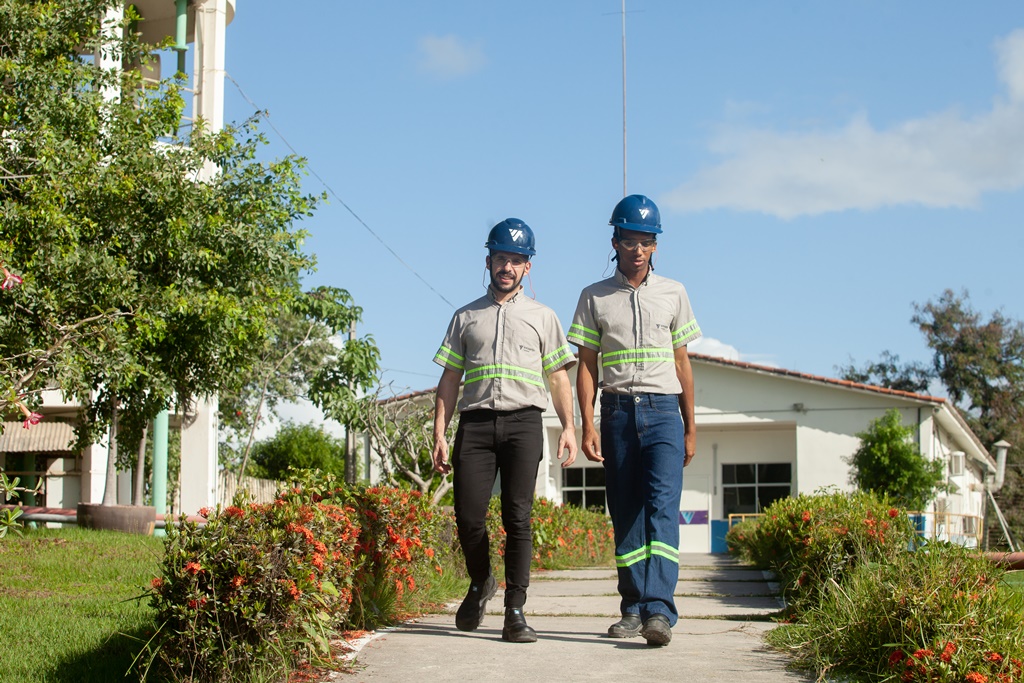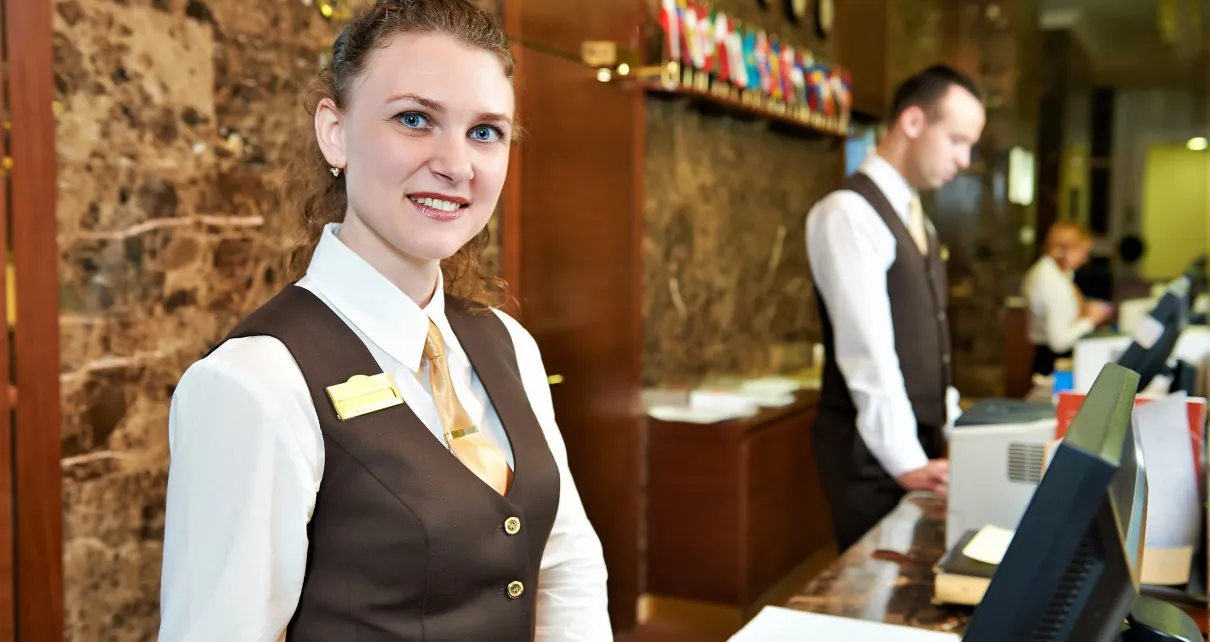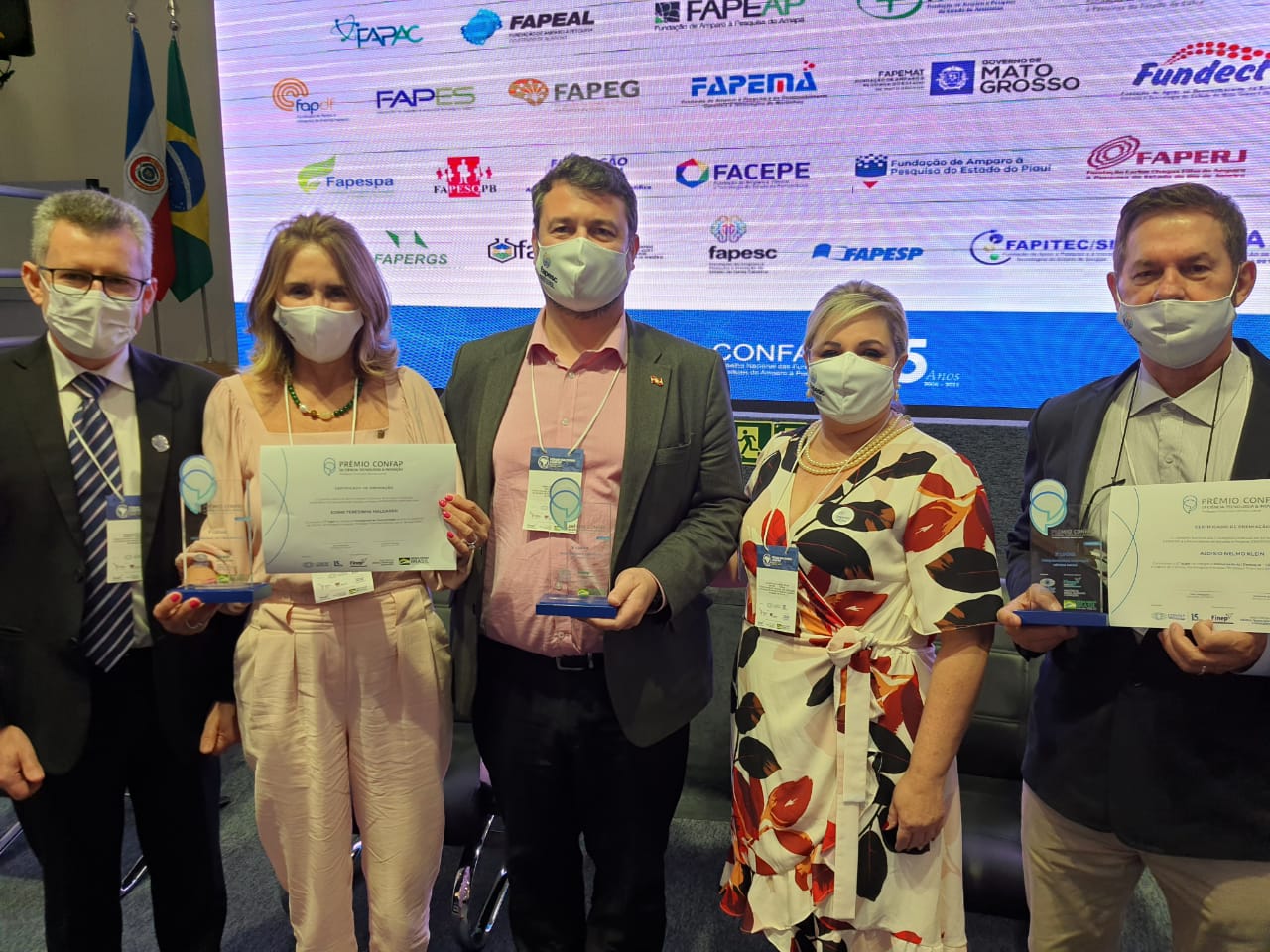Rebuilding confidence in your own body is also a reunion with life
Aging does not have to be a process of nullifying the body, presence, or will to live. In Australia, life expectancy is one of the highest in the world, according to data from the Australian Bureau of Statistics (ABS) released in November 2024, being 81.1 years for men and 85.1 years for women. A new way of caring has been gaining ground among those who believed they had already left the best movements behind.
This is how Brazilian physiotherapist Alexandre Peres works, a professional who not only treats pain, but also listens to stories with the entire body. With over two decades of clinical experience and specializing in elderly health, he has developed an approach that combines science, active listening and a rare type of presence: one that is unhurried, welcoming and waiting with us. “When pain sets in or age advances, the body withdraws. And often, along with it, the will to live also withdraws. My job is to facilitate this reunion between the body, desire and autonomy.”
This reunion does not happen abruptly; it is a process. It often begins with a light touch, an invitation to make a small gesture: raise an arm, take a deep breath, accept help. Its methodology is not limited to what the body presents. It goes where words fail: in the fear of falling, in the shame of needing someone, in the mourning for lost independence. “Physiotherapy cannot be just a protocol. Each body tells its own story. And as we age, these stories deserve even more attention. When an elderly person can walk again without pain or get dressed without help, they are not just moving. They are regaining control of their own existence,” the professional points out.
In practice, the results appear on several levels: the pain subsides, movement returns, but something deeper also flourishes. Self-esteem, autonomy and even joy. That quiet joy that comes from simple activities like being able to water plants, make tea or go out to see the sun. Small freedoms that, for many, seemed unattainable.
Australia currently has one of the longest-living populations on the planet. According to recent data, it is the country with the highest life expectancy for men (80.4 years) and the fourth longest-living for women (84.5 years). In this context, the demand for care practices that go beyond the conventional has grown, especially among seniors who want to not only live longer, but live better. “Movement is not the end. It is the means by which a person regains confidence in themselves, recognizes themselves. We need to stop treating aging as a sentence. The body changes, yes, but it also learns, adapts, responds. And when it is welcomed with respect, it starts talking again. And that is what motivates me every day”, says the specialist.
More than just physiotherapy, what Alexandre offers is a call to life. A reminder that it is never too late to return to inhabiting your own body with affection, dignity and, above all, humanity.
About
Alexandre Peres is a physiotherapist specializing in elderly health, trained at the Instituto Municipal de Ensino Superior de Catanduva (IMES-SP) and working in Brazil and Australia. With over two decades of clinical experience, he has developed an integrative and personalized approach, especially focused on patients with complex comorbidities and functional limitations.
In Australia, where she lives, she works in home care services with a focus on geriatric rehabilitation, applying protocols that combine technique, empathy and promotion of autonomy. Her practice is recognized for significant results in improving the quality of life of the elderly, preventing falls and reducing hospitalizations. She also keeps up to date in areas such as respiratory, orthopedic and neurological physiotherapy, reinforcing her commitment to humane and evidence-based treatments.



Karol Romagnoli
Senior Advisor



